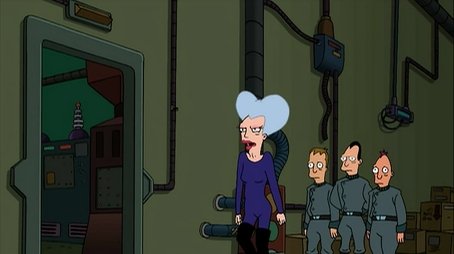
Sorry, we have not watched this yet.

Mom reprograms the world's robots to rebel against humanity. The only hope of salvation is Mom's old flame - Professor Farnsworth, who must rekindle his romance with Mom in order to save mankind.
Sorry, we have not watched this yet.